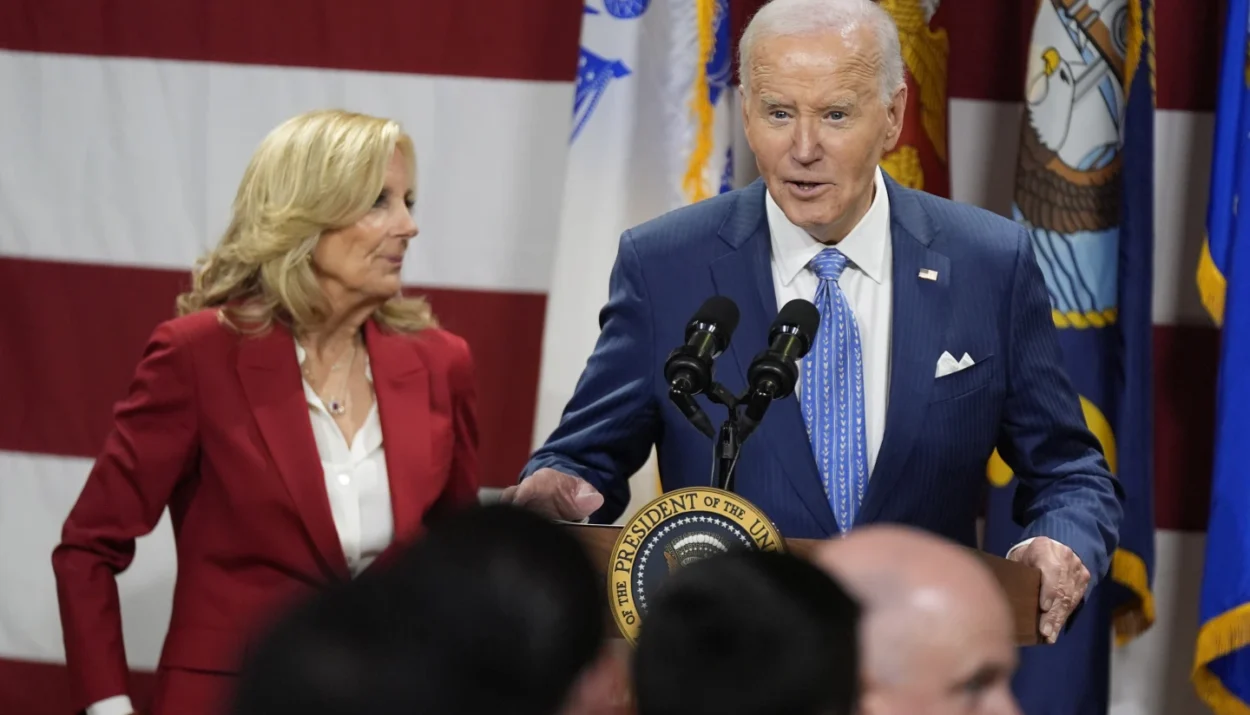The Biden administration has proposed a new rule that could make weight-loss drugs like Wegovy and Zepbound accessible to millions of Americans through Medicare and Medicaid. This measure would acknowledge obesity as a disease treatable with medication, breaking from decades-old restrictions. However, it has sparked intense debate over its financial implications, given the estimated $35 billion cost to taxpayers over the next decade.
The Proposal:
- Coverage Expansion: The rule would allow Medicare and Medicaid to cover weight-loss drugs for individuals with a body mass index (BMI) of 30 or higher.
- Potential Impact: Could benefit 3.5 million Medicare recipients and 4 million Medicaid enrollees initially, with estimates suggesting up to 28 million Medicaid recipients qualify based on BMI.
- Cost: The drugs currently cost $1,000–$1,300 monthly, limiting their use largely to wealthier individuals, including celebrities.
Background and Context:
- Medicare has historically been barred from covering weight-loss drugs under laws restricting such expenses, despite the drugs’ ability to address chronic conditions tied to obesity.
- Weekly injectables like Wegovy and Zepbound have shown dramatic results, enabling weight loss of 15–25% for many patients by mimicking appetite-regulating hormones.
- The Biden administration’s framing of obesity as a treatable disease aligns with calls for better access to life-changing medical interventions.
Political and Financial Dynamics:
- Support: Bipartisan congressional advocates argue the drugs could save money long-term by reducing chronic health conditions tied to obesity, such as heart disease and diabetes.
- Opposition: Critics worry about the substantial upfront costs and stress on government health budgets.
Kennedy and Trump Administration Stance:
- RFK Jr.: The President-elect’s HHS nominee, Robert F. Kennedy Jr., opposes Medicare and Medicaid coverage for the drugs, favoring funding for healthy food initiatives and gym memberships instead.
- Potential Block: Kennedy’s confirmation as HHS secretary could jeopardize the proposal if finalized after Trump takes office in January 2025.
- Unclear Trump Position: While Trump’s personal stance on the drugs remains vague, his administration’s focus on cost-cutting and skepticism toward such measures suggests resistance.
Industry and Accessibility Challenges:
- Drug Shortages: Demand has outpaced supply, limiting access even for those who can afford the drugs.
- Market Growth: The anti-obesity drug sector has seen significant expansion, with companies like Novo Nordisk and Eli Lilly leading the way.
Looking Ahead:
The proposal’s success hinges on the outcome of Trump’s HHS leadership and Senate confirmations. With RFK Jr.’s vocal opposition and a potentially cost-conscious administration, the measure could face significant hurdles. Meanwhile, the debate underscores the broader challenge of addressing obesity through equitable healthcare access and preventive measures.










